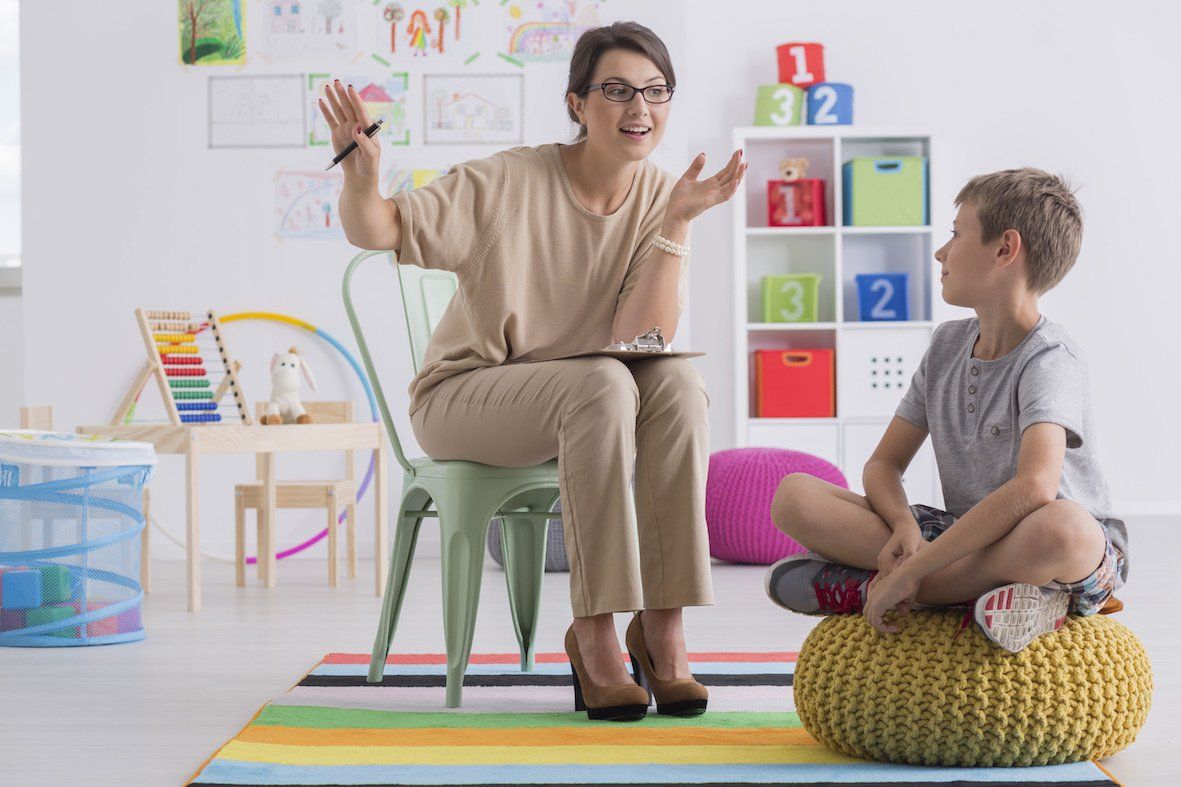Guiding Children’s Behaviour in Positive Ways
Sometimes it can be very difficult to get your child to practice a certain skill, whether it be homework or extra-curricular activities. Grow Medical looks at the ECDC Research Results, published in January 2018, by the Early Cognitive Development Centre, School of Psychology at The University of Queensland. This article will look at the importance of imagined future feelings in guiding children’s behaviour in positive ways.
Positive Behaviour for Learning
It is vital for children to practice skills for the future. Whether it's their maths homework, their footballing talents, or their piano skills, it is important that your child keeps practicing them. Not only will practice help improve the specific talent, but it will also result in a more disciplined, focused, and well-balanced adult in the future. The interesting challenge for parents is how can we influence this positive behaviour for learning?
Practicing a skill can often be dull and repetitive, particularly in contrast to playing a new video game or watching a new TV show. In order to make sure your child continues to practice their skill, parents may find themselves nagging their child. This can be annoying for both parents and children, as both get frustrated with each other.
In order to find a better way to guide children's behaviour in positive ways, the Early Cognitive Development Centre (ECDC)
at the University of Queensland
set out to find the best way to facilitate positive learning behaviour in children.
As adults, we often realise that we need to do something we don't enjoy (or refuse to do something we would enjoy), in order to benefit our future self. For instance, we may wake up earlier to fit in a thirty-minute jog, or we may opt against socialising in order to fit in some more study or work. We do this because we understand that they will benefit us in the future, meaning that our future feelings are motivating our behaviour. These feelings can either be positive (avoid the cake to lose weight), or negative (study to pass a test).
Positive Behaviour Support
With this in mind, the ECDC study
was focussed on determining whether or not future feelings, using positive behaviour support, could also have an impact on the motivations of children.
The 2017 study examined over 150 children aged between six and nine. The study gave children three skill games in which to partake and informed the children that they will be tested on one of the games later. The children were not told to practice, they were simply left alone with the games. However, before leaving the children to their own devices, the children were asked to imagine a scenario in which they passed the future test. Half of the children were told to imagine how they would feel should they pass the test, whereas the other half were told to imagine being successful (without any mention of emotion).
The study found that children who considered how they would feel if they were successful practiced their test games for 60% longer than the children who weren't told to consider their future feelings. For children between eight and nine years old, the difference was even greater. Those who considered their future feelings practiced twice as long as those who did not.
The study shows that encouraging children to consider their future feelings could be a fantastic way to get children to practice more, most notably for children over the age of eight.
Children's Giving Behaviour
In addition, another UQ School of Psychology study examined how income inequality can affect children’s giving behaviour. In adults, economic inequality can have an impact on how we treat others, with studies showing how economic inequality can lower helping behaviours.
Participating children were given several games to play involving puppets, with each child gathering tokens during the games.
During the games, the children were playing with one of two kinds of puppet:
- Puppets with high inequality of outcome (some of the puppets received lots of tokens, whereas others did not).
- Puppets with a level outcome equality (the puppets received an equal amount of tokens).
After the games were finished, children swapped their tokens for stickers. An image of a poor child was then shown to the children and they were asked if they would like to give their stickers to the child. The study found that the children who had witnessed high levels of inequality gave fewer stickers to the child, whereas those who witnessed lower inequality gave more tokens. The study showed that even four-year-old children can perceive economic differences and this can have an impact on how they treat others.
Children's Behaviour Consultation
Our clinicians are constantly reading and learning about how to better grow our citizens of tomorrow. They love drawing on the amazing research happening in Brisbane to provide practical solutions for you and your family. Book an appointment with Bernadette Sharry, Matthew Simmond
or Sharon Dawe
who focus on the support and the development of young children, toddlers, children and adolescents. They work across all age groups in providing Children's Behaviour assessment, counselling and therapy services for children.
Book a consultation
with Grow Medical today.

